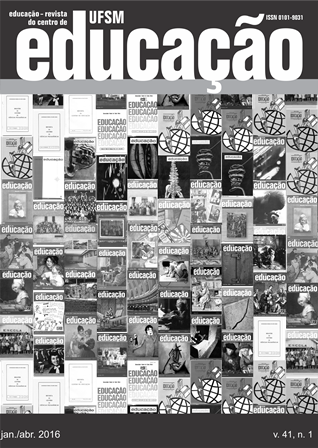The role of the academic library in the inclusion of students with disabilities in higher education
DOI:
https://doi.org/10.5902/1984644417430Keywords:
Special education, Inclusive policies, Accessibility, Academic library.Abstract
This study presents considerations about education as everyone’s right and the academic libraries relevance in the inclusion of students with disabilities. It aims to analyzethe inclusive education in higher education and to understand the processes by which it interacts with academic libraries. The research was developed using theoretical references with a critical and descriptive approach. The data collection was made through observations in 10 (ten) libraries, and semi-structured interviews with librarians from the Federal University of Paraná (UFPR) Library System (SiBi) and 17 (seventeen) students with disabilities at UFPR. The data analysis was made based on content analysis ground. It demonstrates the need to implement institutional policy of inclusion in order to eradicate obstacles and to improve a successful access and retention of students with disabilities in Higher Education.Downloads
Published
How to Cite
Issue
Section
License
Declaration of originality
We declare that all articles present in the journal Educação (UFSM) are originals and were not submitted for publishing on any other publication, as a whole or a fraction. We also declare that, after being published by Educação (UFSM), a paper will not be submitted to another journal within two years. After this time, our journal transfers the publishing rights to the authors, with a permit granted by the Editorial Council.
We also acknowledge that the originals’ submission to Educação (UFSM) implies on a transference of copyright for physical and digital publishing to the journal. In case of noncompliance, the violator will receive sanctions and penalties predicted by the Brazilian Copyright Protection Law (n. 9610, dated 19/02/98).
Attribution 4.0 International (CC BY 4.0)
This license lets others remix, transform, and build upon the material for any purpose, even commercially, and copy and redistribute the material in any medium or format.

This work is licensed under a Creative Commons Attribution 4.0 International (CC BY 4.0)






